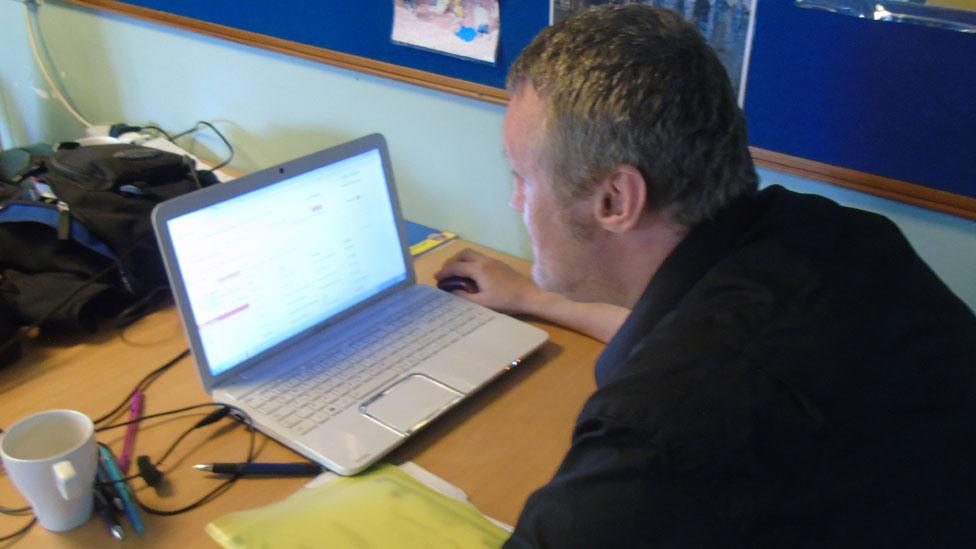Universal credit: The first six months in Torfaen
- Published
- comments
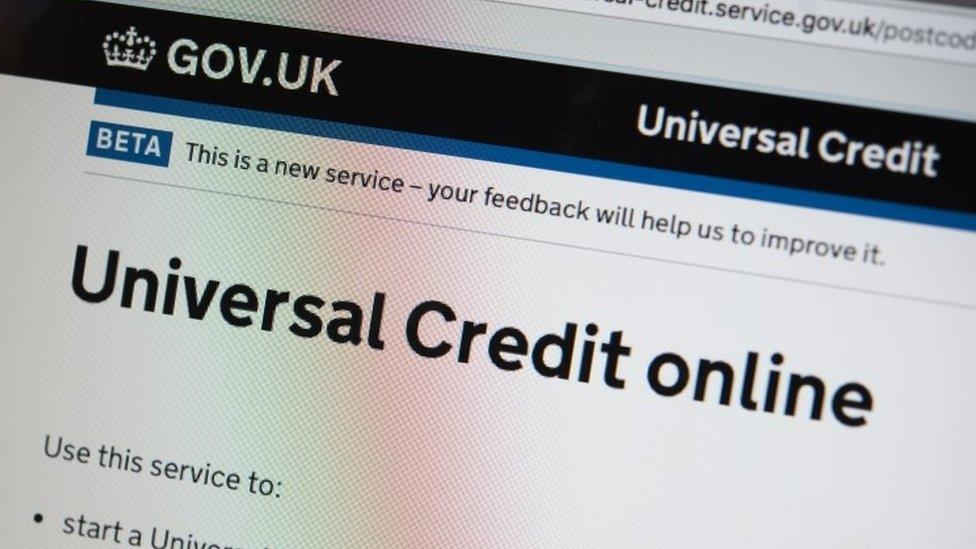
The plan was that universal credit would help smooth the journey from being out of work to employment.
No longer would people lose benefits because they had worked more than 16 hours a week.
The system was to be simpler too, pulling together six benefits into one and ensuring no-one would be better off claiming than working.
But what is the reality? We have looked at Torfaen, the first county to have universal credit fully rolled out.
So far, about 26,000 people are on universal credit in Wales, mostly single and younger people.
But more couples and families on low incomes or out of work are due to be moved on to it in the coming months.
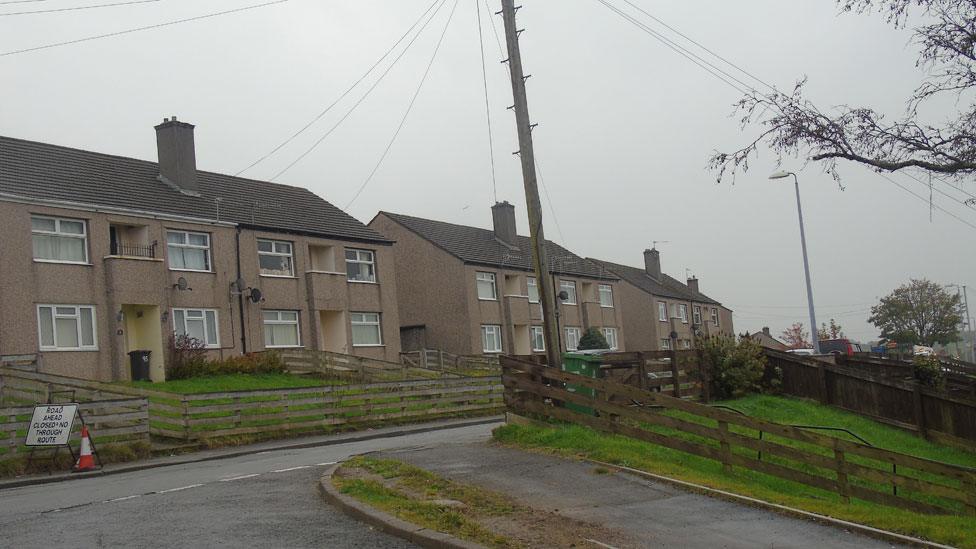
More than 1,100 people in Pontypool are now on Universal Credit
Six months after people moved over to universal credit in Torfaen there are tales of difficulties.
Richard Davies, Torfaen council's head of revenue and benefits, said it was causing impact across the council's services.
"We've seen an immense difference, we've seen a significant spike in rent arrears, more vulnerable people being brought into the process.
"It's put a tremendous strain on the local authority - we're now having to provide assistance to claimants with online and personal budgetary support.
"I've been in public services since 1985 and I have never seen anything like it".
The area was one of the first in Wales to move over to universal credit and had time to prepare.
But Mr Davies said the impact on residents had been far worse than he had imagined.
Mr Davies said he was shocked at the number of vulnerable people needing extra support and who were not capable of working.

So what has changed?
In the past, people may have been on incapacity benefit or Employment and Support Allowance (ESA) for a long time, getting the money fairly automatically. However, now they are assessed annually or every six months. Charities say a change of circumstances could lead to issues for some claimants
It requires people to spend the equivalent of a full-time job, trying to find a job - although childcare and other responsibilities are taken into account. Claimants have to do this online to prove they are applying
Universal credit is paid monthly rather than fortnightly and those on it will also need a bank account and online access to claim it - and look for work. Some say this makes it harder to budget

But the Department for Work and Pensions (DWP) said it had gone well and staff and claimants were confident about using it.
"We've had some very good feedback," said Clare Djordjevitch, work coach team leader at the Job Centre in Cwmbran, where the most recent statistics show 1,089 people are on universal credit.
Another 1,108 claiming it are being dealt with at Pontypool Job Centre.
Just over 63% of those receiving it there are out of work, the rest are in work and are getting it to top up their income.
Richard Davies, of Torfaen Council and Clare Djordjevitch of the Job Centre in Cwmbran
"One of the positives is the amount of universal credit adjusts when earnings increase," said Ms Djordjevitch.
"Previously people were perhaps reluctant to work because of some of the rules around 16 hours.
"That's not the case, it can help people who maybe haven't worked for a long time can try a few hours a week and increase the hours as they go along."
"We've [had] a lot of successful stories of people who've started off working five hours a week, enjoying the job, perhaps managing their health conditions, their universal credit adjusts as they increase their hours and then they get a full time job and are off universal credit."
She said it had been "a huge change" but all the benefits were now in one system and "quite seamless" which helped both the people managing it and customers.
Ms Djordjevitch said the jobs market was "quite buoyant," with posts at call centres and the nearby biscuit factory, as well as in neighbouring Newport.
Ed Davies, policy director at the Centre for Social Justice, said universal credit simplified what was a very complicated system.
"The historic system didn't necessarily help people into work, in fact it was a block a lot of the time and it didn't pay to leave the system.
"This idea is of a dynamic benefits system, which actually helps you get into work, continues to pay you benefit and then tapers off more gradually as you get into work."
He said there were some concerning individual stories when things went wrong but universal credit would lead to hundreds of thousands more people finding work and moving out of absolute poverty.
"There are people who cannot work and we have to make sure the benefits system works for them too but overall it is going to be beneficial," said Mr Davies.
"If there are individuals struggling because of it, let's look at those individual cases and those parts of it, rather than get rid of the whole."
Sara Burch, manager of the Gateway Credit Union, has been encountering some of those cases.
She said the change from weekly or fortnightly payments to monthly payments had been problematic for some.
"Some people are coping fine, I've spoken to people for whom monthly payments are great - they're used to monthly payments from when they were working and expect to be in another job soon," she said.
"On the other hand there are people whose finances have been completely overturned by it.
"Partly because of the wait for it and also for families and disabled people, the universal credit award is very often less than they've been used to. And in that period they've been waiting they've got into debt".
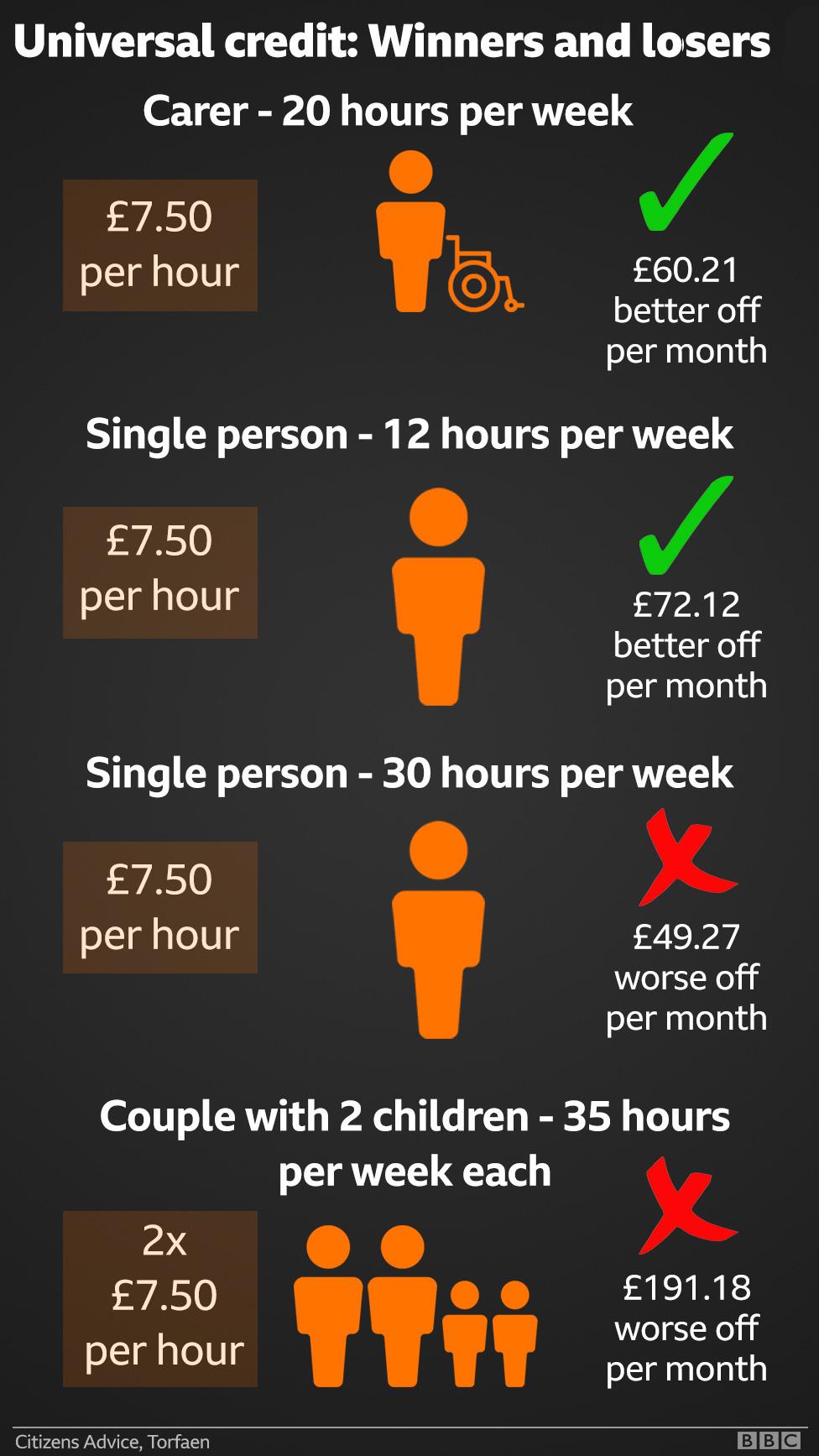
Citizens Advice said people had faced delays in payments because of waits of three weeks for a first appointment with a job coach after applying for universal credit.
Others did not know how much they would receive until a few days before their money was due, which made budgeting difficult.
Richard Davies at Torfaen council said the UK Government was introducing remedies to help people with universal credit - including a slower roll-out and abolition of the seven-day waiting period.
But these would not come into being until the new year and he was seeing "destitution and poverty".
Mr Davies believes its impact was not fully realised until after the roll-out started.
"It's very welcome they've listened, but what concerns me, we've had six months of universal credit and what has been proposed doesn't address the problems faced by our residents in that period."
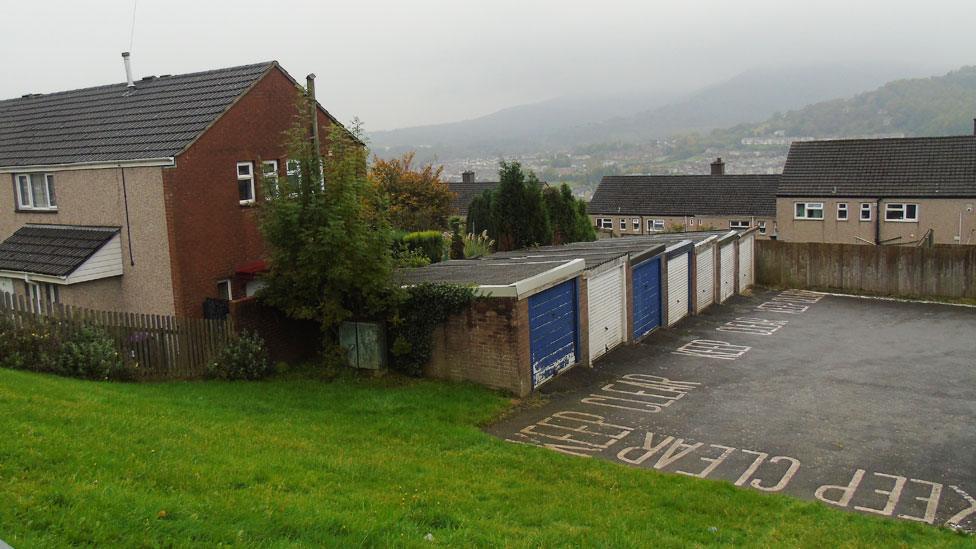
Bron Afon Community Housing said 440 of its tenants on Universal Credit are in rent arrears
What has it meant for services in Torfaen?
Bron Afon Community Housing - which manages former council homes and new social housing - has had 511 tenants move on to Universal Credit since July - in December 86% were in rent arrears, worth an average of nearly £56. In the past, housing benefit was paid directly to landlords but now responsibility lies with tenants
Torfaen council has increased its spending on discretionary housing payments for people in rent arrears by a total of £11,000. It believes this saves money in the long run if it prevents homelessness or children being taken into care
Citizen's Advice , externalhas seen a "significant increase" this autumn with people looking for help with universal credit. In the first three weeks of October, 67 people came with 87 separate issues, including an increase in those needing help while waiting for payment
The number of children accessing free school meals in Torfaen since July has risen by 12% to 2,563 - although the council cannot be sure it is entirely due to universal credit
Mr Davies said the council had food parcels from food banks ready if it was approached over Christmas.
"I thought my responsibility used to be about paying benefits and making sure people had their entitlements, and now it's more about making sure they have food on the table," he said.
- Published13 May 2024

- Published20 December 2017
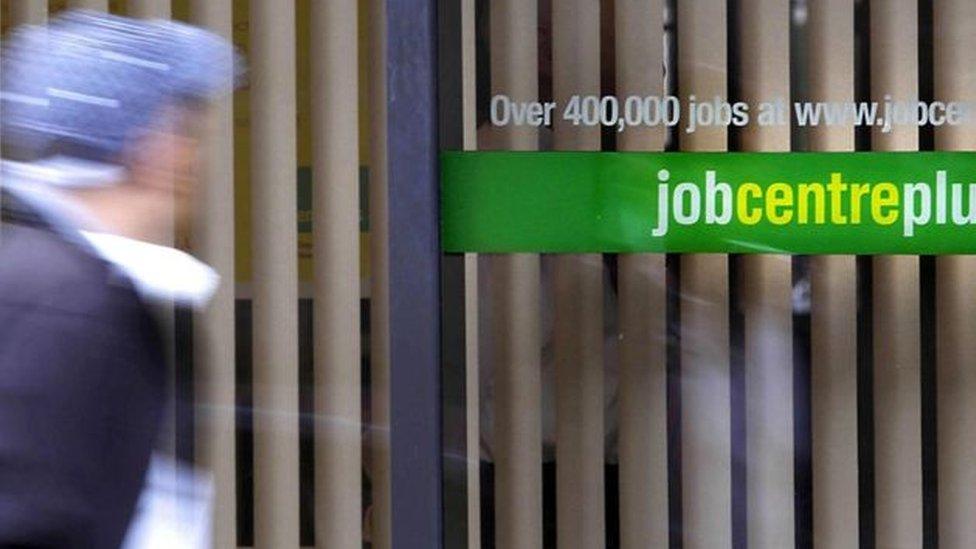
- Published26 November 2017

- Published11 December 2017

- Published2 October 2017

- Published13 December 2017

- Published16 August 2017
